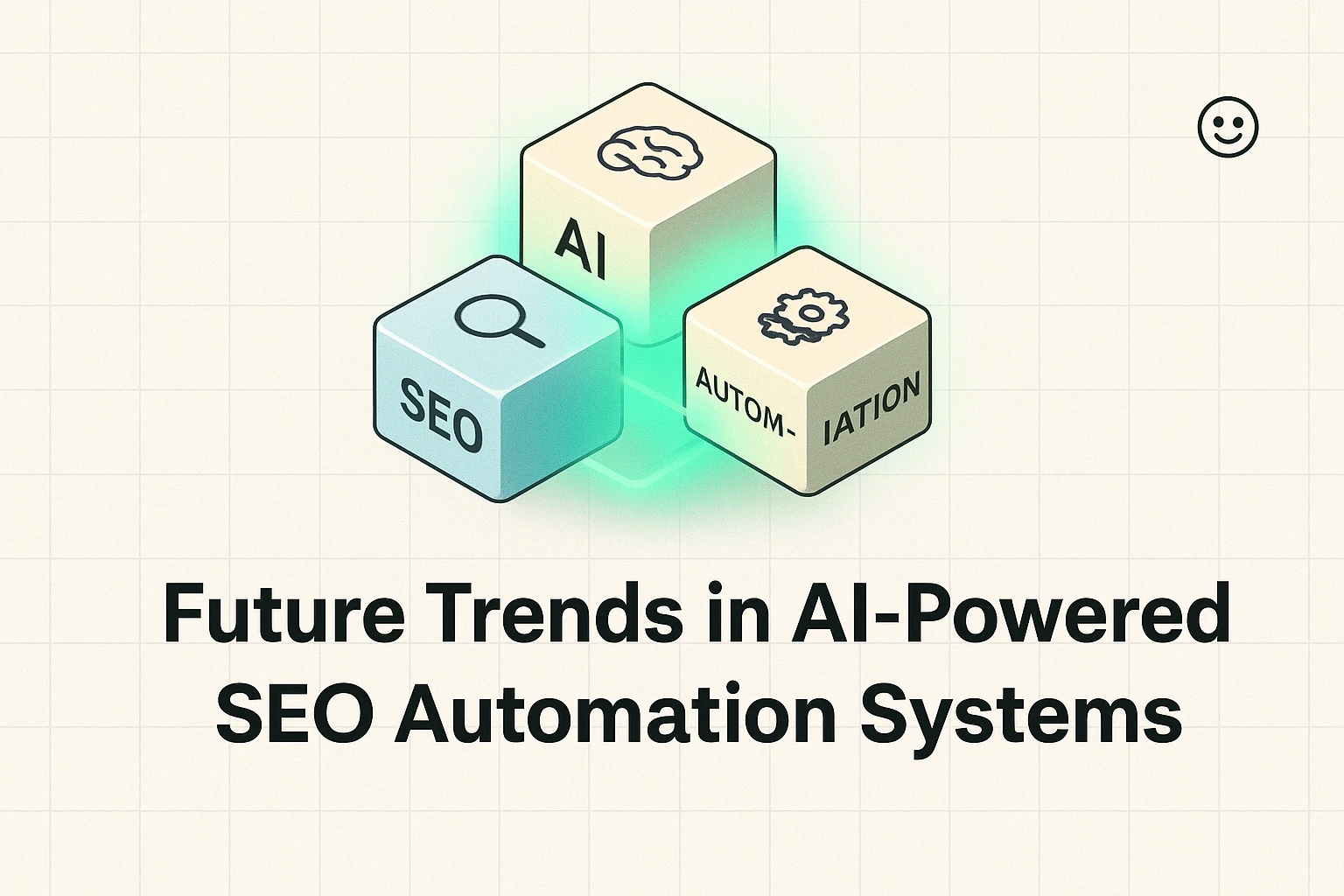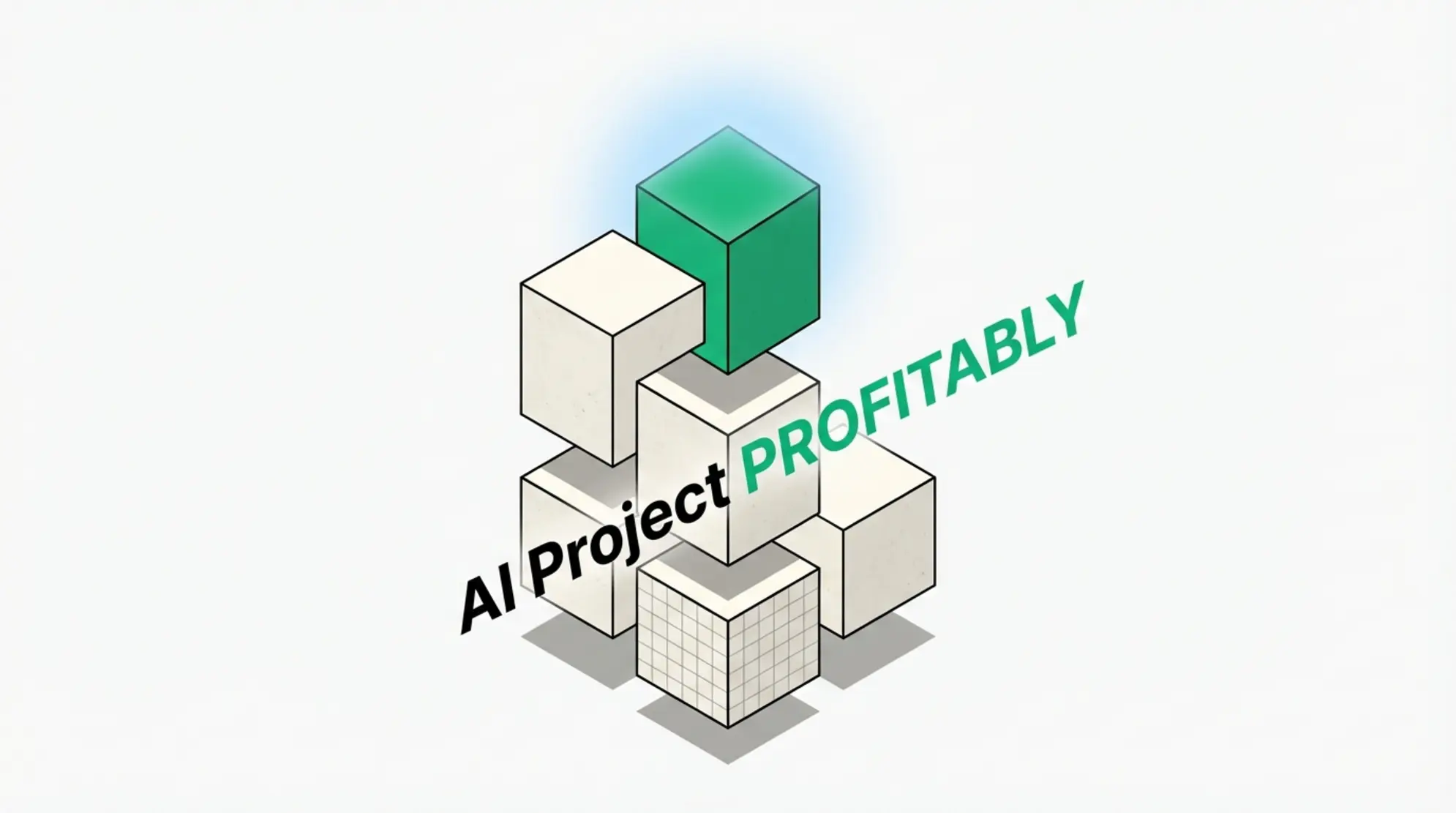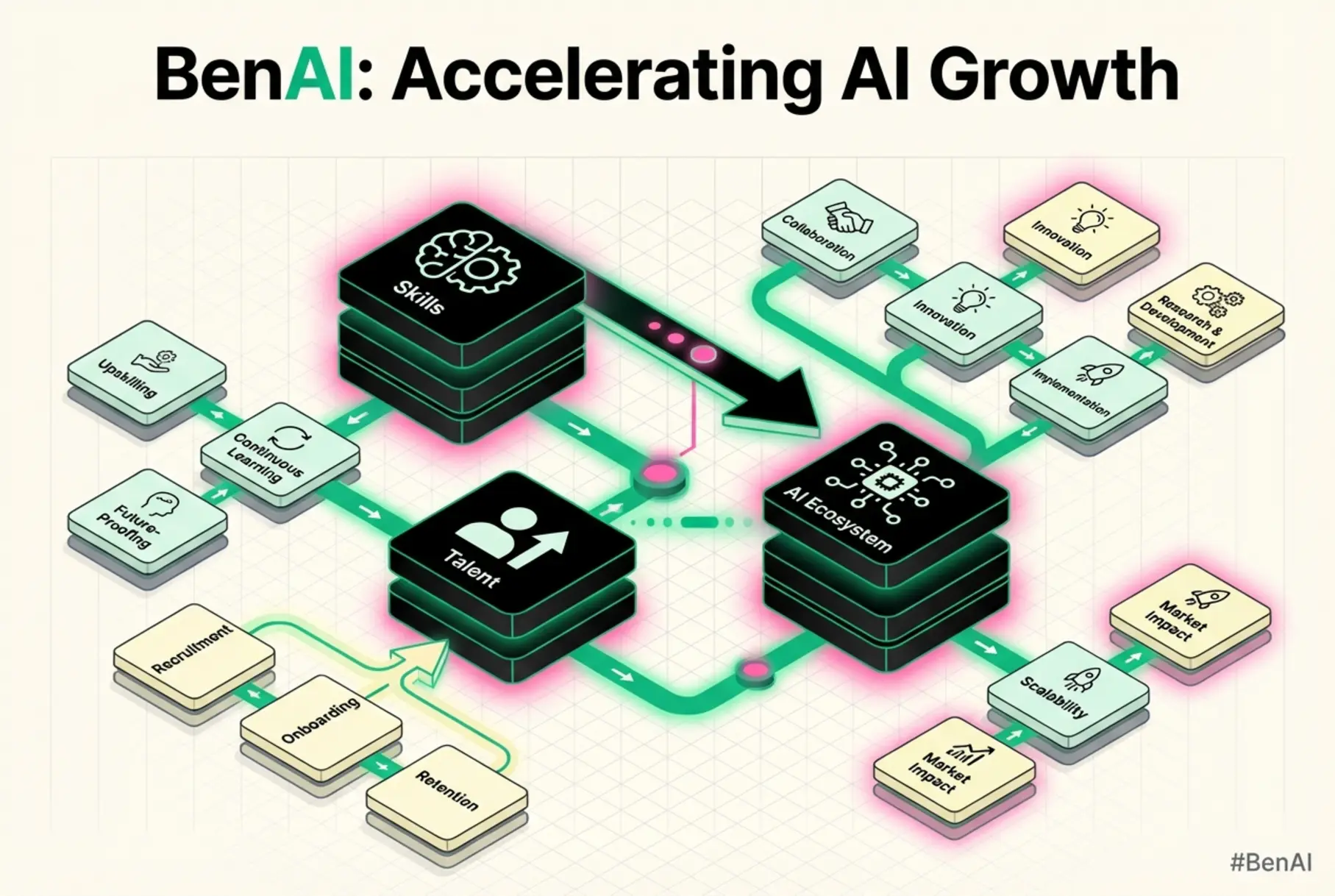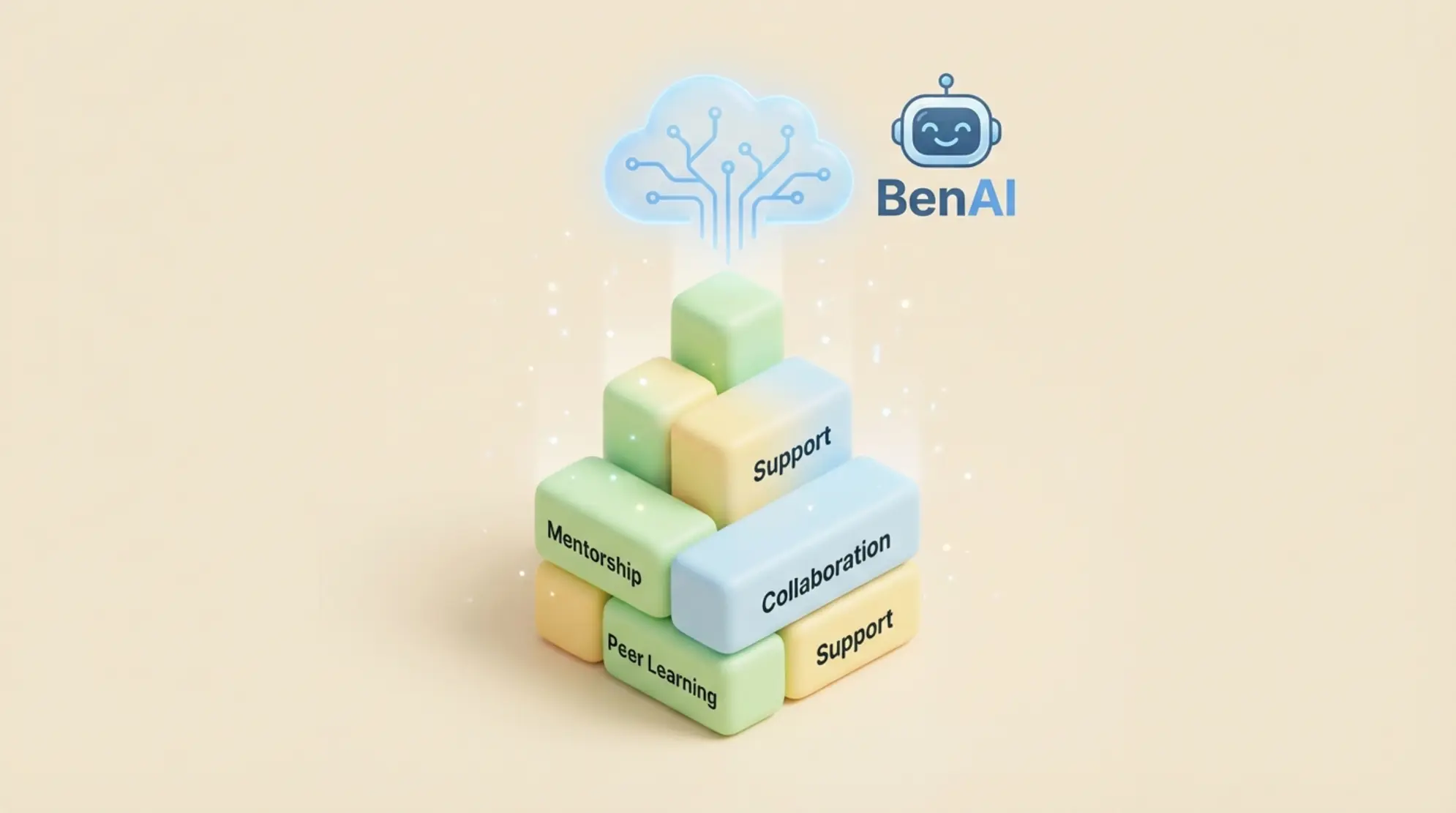AI-powered SEO automation represents a paradigm shift in how digital visibility is achieved, moving beyond traditional methods to leverage advanced computational intelligence for optimized search performance. This transformation includes AI-driven keyword research, dynamic content generation, and predictive analytics. The market for AI SEO tools is projected to reach $4.97 billion by 2033, up from $1.99 billion in 2024, as reported by SEO.com, signifying a rapid industry embrace. This evolution directly impacts AI algorithms, natural language understanding, and no-code automation frameworks, providing stakeholders with crucial insights for future-proof SEO strategies.
Understanding AI-Powered SEO Automation: Core Concepts and Evolution
What Constitutes AI-Powered SEO Automation?
AI-powered SEO automation refers to the application of artificial intelligence technologies to streamline, optimize, and enhance various aspects of search engine optimization, often leading to more efficient and effective strategies. These core functions encompass predictive analytics, which anticipates search trends, and Natural Language Processing (NLP), which understands user intent, alongside machine learning models that continuously refine optimization tactics. The strategic integration of AI algorithms into SEO workflows automates tasks like keyword research, content optimization, technical SEO audits, and competitive analysis. For an in-depth look at our AI SEO solutions, explore BenAI's comprehensive offerings.
How Have AI Search Algorithms Evolved?
The evolution of AI in search algorithms has dramatically transformed how content is discovered and ranked, progressing from basic keyword recognition to sophisticated contextual understanding powered by advancements like Google’s RankBrain, BERT, and MUM. Early search algorithms relied primarily on keyword density and exact match queries. The introduction of RankBrain in 2015 marked a significant shift, with this machine learning system interpreting ambiguous queries by understanding user intent. Google's BERT (Bidirectional Encoder Representations from Transformers) update in 2019 further enhanced contextual understanding, processing words in relation to all other words in a sentence, not just sequentially. The more recent MUM (Multitask Unified Model), introduced in 2021, demonstrates a leap in multimodal understanding, processing information across text and images to answer complex queries requiring synthesis of multiple sources. This continuous algorithmic evolution culminates in features like the AI Overview, which directly extracts and synthesizes information, demonstrating Google's prioritization of advanced AI capabilities for semantic understanding and query precision.
Forecasting Key Trends: The Future of AI in SEO
The trajectory of AI in SEO points towards a future where automation becomes more autonomous, predictive, and accessible, fundamentally reshaping how businesses approach digital visibility. A significant shift is underway, with 47% of marketers projected to implement AI SEO tools by 2025, and 65% already reporting better SEO results from AI use, as found by SEOProfy. This trend forecasts that predictive SEO, agentic AI, and no-code automation will emerge as critical pillars for future-proof strategies, delivering strategic foresight and a decisive competitive advantage.
Predictive SEO: Anticipating Search Behavior with AI
Predictive SEO leverages AI to move beyond retrospective analysis, enabling strategists to anticipate future search queries, content demands, and algorithmic changes before they fully manifest. AI tools analyze vast datasets, including historical search trends, real-time social signals, and competitor movements, to forecast shifts in user intent and emerging market trends. This proactive approach allows SEO professionals to create content, optimize existing assets, and adjust content strategy in anticipation of future demand, thereby maintaining relevance and capturing traffic before competitors.
Agentic AI: Autonomous SEO Workflows
Agentic AI in SEO represents the next frontier of automation, where intelligent systems can independently identify optimization opportunities, execute complex changes, and learn from outcomes without constant human oversight. These autonomous systems operate as intelligent agents, capable of performing multi-step SEO tasks, such as conducting deep keyword research, generating optimized content drafts, and performing technical audits. The development of agentic AI promises end-to-end automation, transforming manual SEO workflows into self-optimizing systems. To learn how to build your first no-code AI agents for similar tasks, explore our comprehensive guide.
No-Code Automation: Empowering SEO Strategists
The rise of no-code automation frameworks is poised to democratize AI SEO, enabling a wider array of strategists and marketers to harness advanced AI capabilities without requiring extensive programming expertise. These no-code platforms provide intuitive, user-friendly interfaces, allowing SEO strategists to build sophisticated automation workflows through drag-and-drop functionalities and visual builders. This democratization of AI lowers the barrier to entry for advanced AI SEO tools, fostering innovation and enabling more businesses to implement cutting-edge strategies. For specific insights into no-code AI technical SEO automation, read our dedicated article.
Technical Innovations: Advanced AI Capabilities for SEO
Beyond the foundational applications, the future of AI in SEO is being shaped by advanced technical innovations that promise unprecedented levels of precision, automation, and adaptability. These advancements address critical gaps in traditional SEO practices, ensuring continuous site health, dynamic content structuring, and optimization across emerging search modalities.
Real-time Error Detection and Continuous Optimization
Future AI SEO automation systems will integrate continuous real-time error detection, allowing for instantaneous identification and often automated resolution of technical SEO issues that impact site performance and crawlability. These AI-powered diagnostics continuously monitor websites for common problems such as broken links, server errors, indexation problems, and suboptimal page speed, including Core Web Vitals. By providing automated remediation or flagging issues for immediate human attention, these systems ensure perpetual site health and uninterrupted search engine visibility. For further details on no-code AI technical SEO automation, refer to our article.
Dynamic Schema Markup and Semantic Structuring
Leveraging AI, dynamic schema markup will automatically adapt structured data based on real-time content updates and evolving user queries, ensuring content is always optimally prepared for rich snippets and AI-generated overviews. This capability moves beyond static schema implementation, allowing AI systems to interpret content contextually and generate precise structured data that enhances visibility in search results, including rich results and Google’s AI Overview. This adaptive markup ensures that content maintains optimal semantic structuring, maximizing its discoverability as search algorithms evolve.
Advanced Intent-Based Content Mapping at Scale
AI will enable advanced intent-based content mapping that goes beyond simple keyword-to-content alignment, performing deep semantic analysis to uncover granular user needs and precisely map them to scalable content production strategies. Utilizing sophisticated Natural Language Understanding (NLU), AI systems can differentiate between informational, navigational, transactional, and commercial investigation intents with high accuracy. This allows content strategists to develop comprehensive topical authority by addressing every facet of a user’s journey across a vast content ecosystem, from initial query to conversion. Our AI keyword and content gap analysis guide offers further insights into this process.
Optimizing for Voice and Visual Search
As search moves beyond text, AI-powered systems are becoming indispensable for optimizing content for voice and visual queries, leveraging sophisticated NLP for spoken commands and image recognition for visual searches. Multimodal search capabilities, driven by advanced AI, enable websites to rank for queries initiated through voice search assistants (like Google Assistant and Alexa) and visual search platforms (such as Google Lens or Pinterest Lens). This requires optimizing for conversational language, implicit user intent, and image metadata, expanding content discoverability beyond traditional text-based queries.
Strategic Integration: Balancing AI Efficiency with Human Expertise
While AI-powered SEO automation promises unprecedented efficiency, the most effective strategies will hinge on a thoughtful integration that balances algorithmic capabilities with irreplaceable human expertise and ethical considerations. This emphasis on integration is echoed across industries, as 75% of enterprises are actively moving towards operational AI in their SEO workflows, signaling a widespread adoption of AI-enhanced, rather than AI-exclusive, strategies. The critical balance between human and AI capabilities ensures the preservation of E-E-A-T (Experience, Expertise, Authoritativeness, Trustworthiness) and maintains content quality.
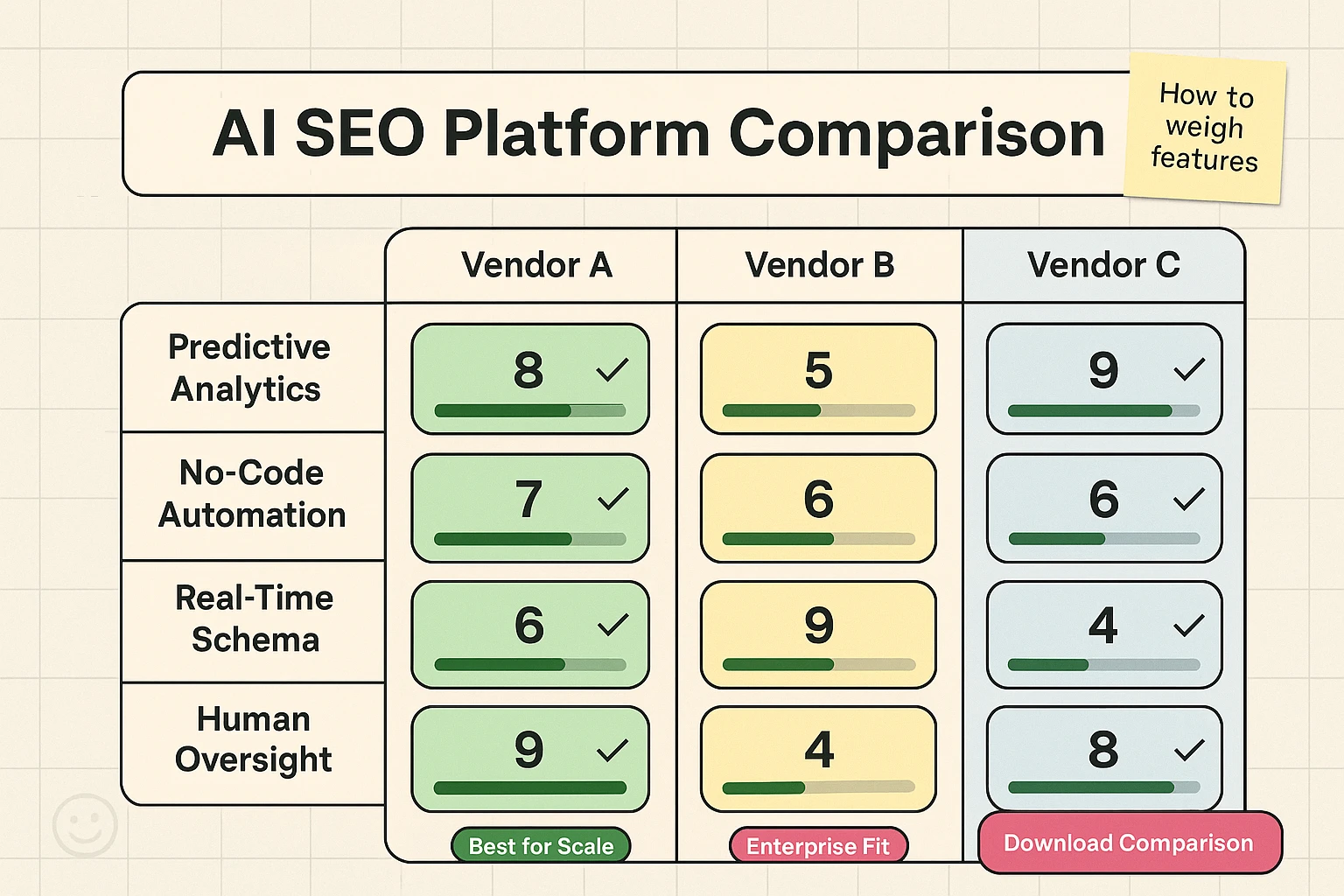
Augmenting Human Creativity with AI Insights
Instead of replacing human ingenuity, AI is poised to augment human creativity in SEO, serving as a powerful co-pilot that delivers data-driven insights and automates repetitive tasks, freeing strategists to focus on innovative content and high-level strategic planning. AI excels at analyzing vast datasets, identifying trends, and performing competitive analysis, providing human strategists with actionable AI insights to inform their decisions. This collaboration streamlines content ideation and allows for greater focus on unique angles, strategic narratives, and maintaining an authentic brand voice. For more on AI SEO content generation and optimization, explore our resources.
Ensuring E-E-A-T and Brand Authority in AI-Driven Content
In an era of increasing AI-generated content, diligently ensuring E-E-A-T (Experience, Expertise, Authoritativeness, Trustworthiness) becomes paramount, requiring robust human oversight, meticulous fact-checking, and the infusion of unique perspectives that only human specialists can provide. While AI can draft content efficiently, human review is essential to verify factual accuracy, inject original thought, and maintain a consistent brand authority and voice. This commitment to content quality through human refinement ensures that AI-driven strategies align with Google’s quality guidelines and build genuine audience trust. An AI-driven quality control guide can help in this process.
Evaluating AI-Powered Tools for Strategic SEO Adoption
Strategic adoption of AI-powered SEO tools necessitates a rigorous evaluation process that extends beyond basic feature lists, focusing on how effectively a tool integrates into existing workflows, its data transparency, and its potential to align with specific business objectives. Decision-makers must assess several key criteria for AI SEO tools:
- Integration Capabilities: How seamlessly does the tool connect with existing SEO platforms and data sources?
- Data Transparency: Does the tool clearly explain its AI models and data sources, allowing for informed human oversight?
- Ethical AI Use: Does the vendor adhere to ethical AI principles, avoiding biases or deceptive practices?
- Alignment with Business Objectives: Does the tool directly contribute to measurable ROI and business KPIs?
Measuring Impact: Case Studies and Business Outcomes of AI SEO Automation
The true measure of AI-powered SEO automation lies not just in its technical sophistication, but in its ability to drive measurable business outcomes and contribute meaningfully to key performance indicators. This section illustrates how AI automation directly translates into tangible business value, providing stakeholders with clear justification for investment.
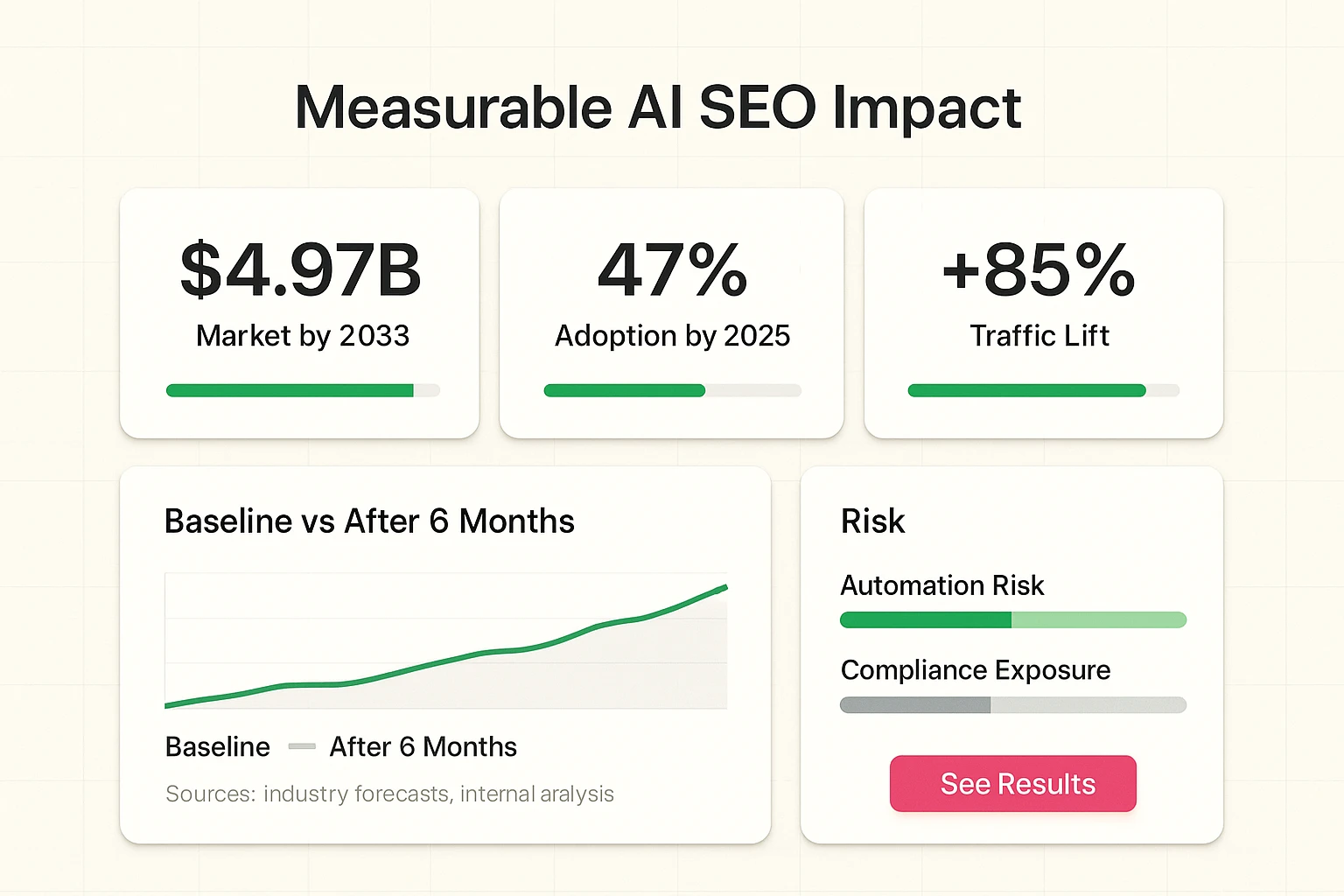
Translating AI Automation to Tangible Business KPIs
AI automation in SEO translates directly into tangible business KPIs by systematically enhancing organic visibility, thereby driving higher qualified traffic, optimizing conversion paths, and significantly reducing the manual labor associated with traditional SEO tasks. Businesses observe improvements in key metrics such as:
- Organic Traffic Growth: AI-driven content optimization and technical SEO fixes consistently lead to increased search visibility and higher click-through rates.
- Conversion Rates: By precisely mapping content to user intent, AI ensures visitors find exactly what they seek, leading to improved conversion rates and revenue.
- Cost Efficiency: Automating repetitive tasks, such as site audits and basic content generation, significantly reduces operational costs and frees up human resources for strategic initiatives.
- Market Share: Proactive identification of emerging trends and competitive gaps allows businesses to capture new audiences and expand their market share.
Industry Examples: AI SEO in Action
Across diverse sectors, AI-powered SEO automation is already demonstrating significant positive impacts, illustrating its potential to transform business outcomes.
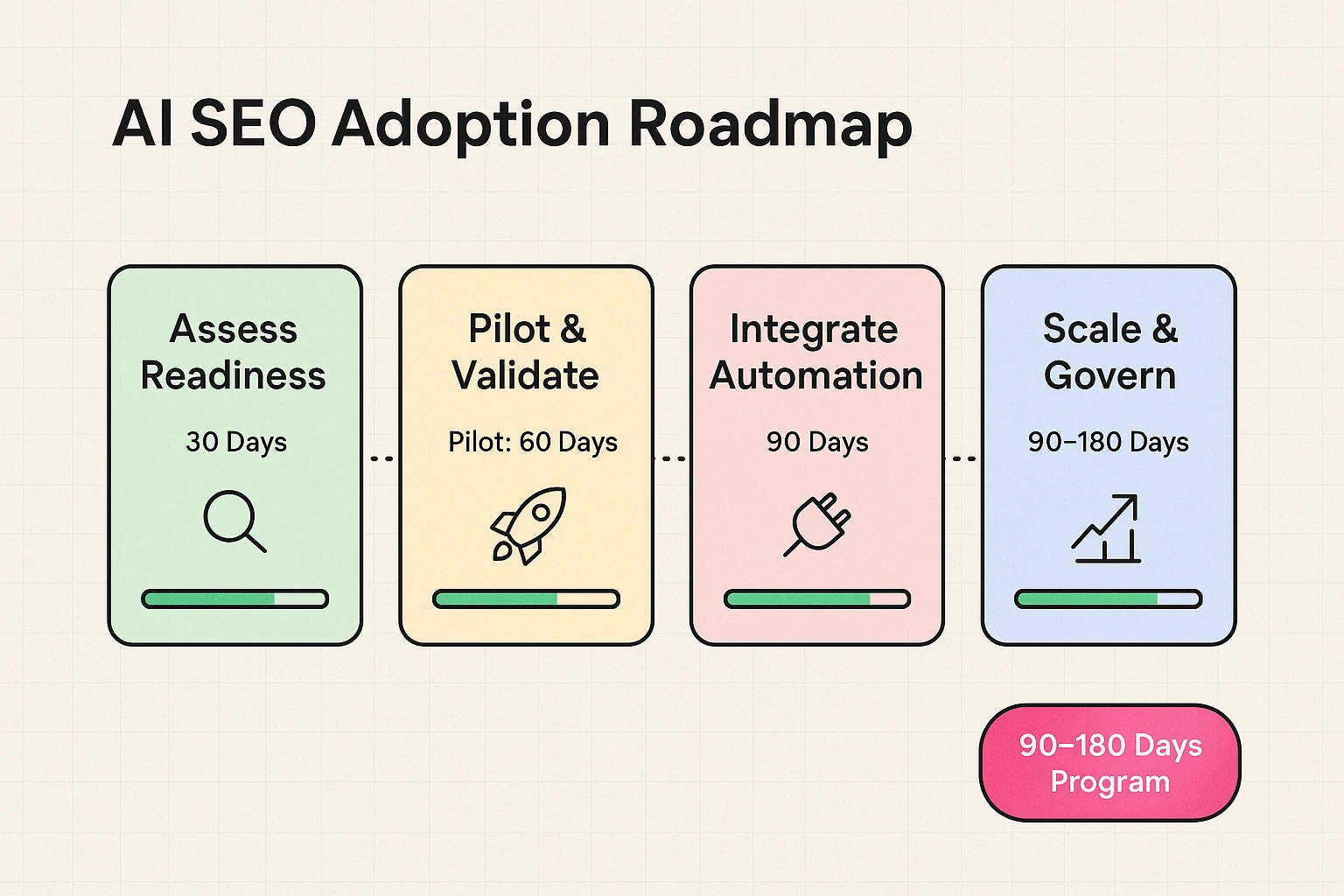
Here are illustrative scenarios:
- E-commerce Platform: An AI system continuously monitors product pages for keyword relevance, dynamically updates product descriptions based on search intent shifts, and automatically generates schema markup. This resulted in a 30% increase in organic product page traffic and a 15% uplift in category-specific conversion rates within six months.
- SaaS Company: Utilizing AI for advanced intent-based content mapping, a SaaS provider identified underserved long-tail queries related to specific software features. Automated content generation for these topics, coupled with human review, increased qualified lead generation by 25% and reduced content production time by 40%.
- Online Publisher: An AI-powered system detected real-time technical SEO errors, such as broken internal links and crawl budget issues, and implemented immediate fixes. This led to a 10% improvement in site-wide crawl efficiency and a 5% increase in indexation rates for new articles, boosting overall content discoverability.
- Local Business Chain: AI optimized Google Business Profile listings across hundreds of locations, dynamically adjusting local keyword targeting and responding to reviews. This resulted in a 20% increase in "near me" searches, driving more foot traffic and a measurable rise in local service inquiries.
Supplementary Content
Essential AI SEO Tools and Platforms
For deeper insights into the practical application of AI in SEO, explore leading platforms that offer advanced automation capabilities. These tools include comprehensive suites like SEMrush and Ahrefs, which integrate AI for competitive analysis and keyword research, alongside specialized platforms such as Surfer SEO and Frase for content optimization. Solutions like Alli AI provide specific automation workflows.
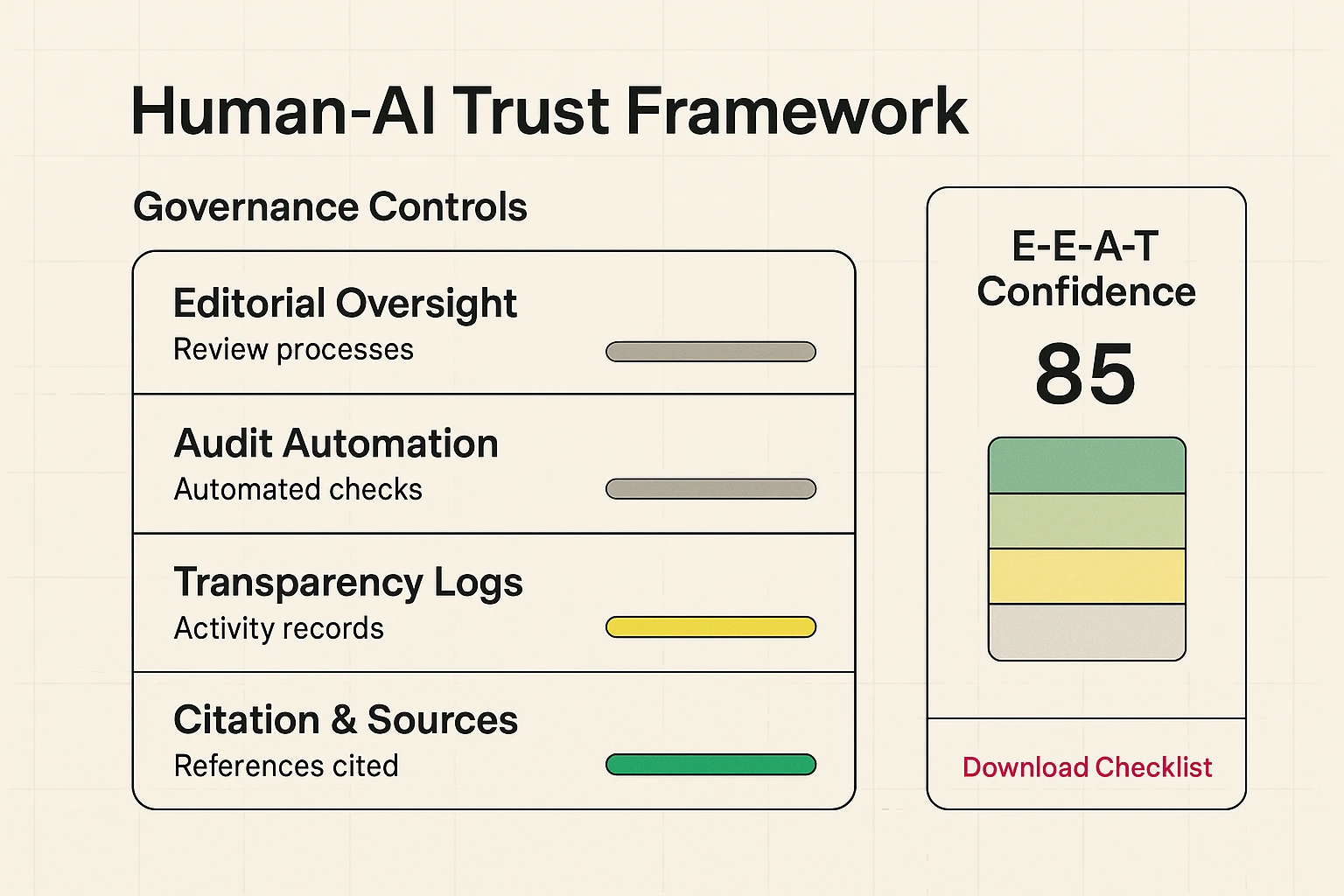
Key Terminology in AI SEO Automation
Understanding the nuanced vocabulary of AI-powered SEO is crucial for strategic planning. For a complete reference of critical AI SEO terms and concepts, including Generative Engine Optimization (GEO), Agentic AI, Predictive Analytics, and No-Code Automation, consult our comprehensive AI SEO solutions.
BenAI: Architecting Your Future with Intelligent SEO Automation
At BenAI, we understand that the future of SEO demands more than just automation; it requires intelligent, strategic systems that propel businesses to definitive authority and sustained growth. Our offerings are meticulously designed to navigate and capitalize on the future trends in AI-powered SEO automation, addressing the identified content gaps by delivering cutting-edge technical innovation and strategic human-AI synergy. BenAI leverages advanced predictive AI for unparalleled foresight into market shifts, integrates dynamic semantic content optimization to ensure E-E-A-T compliance, and provides robust automation frameworks. BenAI’s core value proposition revolves around empowering decision-makers with quantifiable business outcomes, ensuring that every AI-driven strategy directly contributes to enhanced Business KPIs and sustained competitive advantage. Discover BenAI's comprehensive AI SEO solutions and how they can transform your digital strategy.
Frequently Asked Questions (FAQs)
What is AI-powered SEO automation?
AI-powered SEO automation leverages artificial intelligence and machine learning algorithms to automate and optimize traditional SEO tasks, such as conducting deep keyword research, generating and optimizing content, performing technical site audits, and analyzing performance data for strategic insights. This approach aims to increase efficiency, accuracy, and scalability in SEO efforts, allowing for continuous adaptation to evolving search algorithms and user behaviors. For a deeper understanding of AI-powered SEO automation, explore our AI SEO solutions.
How does AI change keyword research and content creation?
AI fundamentally changes keyword research by enabling predictive trend analysis and sophisticated semantic clustering, moving beyond simple keywords to identify nuanced user intent. For content creation, AI assists by generating outlines, optimizing readability and relevance, and providing real-time feedback for improved performance. According to research on AI keyword and content gap analysis, AI tools identify opportunities often missed by manual methods, offering highly specific and actionable insights. AI further assists content creation by providing intelligent content generation and optimization suggestions.
What are the risks of over-automation?
While AI automation offers immense benefits, over-reliance presents several risks, including the potential erosion of human oversight, a decrease in content’s E-E-A-T (Experience, Expertise, Authoritativeness, Trustworthiness) due to generic output, and susceptibility to inherent algorithmic biases that can negatively impact brand reputation. Excessive automation can also lead to a loss of a unique brand voice and a reduced ability to adapt to unforeseen, non-algorithmic shifts in market or user sentiment.
How to balance human and AI workflows?
Balancing human and AI workflows in SEO involves strategically deploying AI for data analysis, repetitive tasks, and preliminary content generation, while reserving human expertise for creative strategy, nuanced decision-making, E-E-A-T validation, and maintaining an authentic brand voice. This collaborative intelligence approach augments human capabilities, allowing SEO teams to focus on high-value, strategic input and creative oversight. The goal is augmentation, not replacement, ensuring both efficiency and high-quality, trustworthy outcomes.
Which tools provide operational AI for SEO?
Several tools provide operational AI for SEO, offering features that automate and enhance various aspects of optimization. Market leaders include SEMrush, which offers AI-driven competitive analysis and content marketing tools, and Ahrefs, known for its robust backlink and keyword analysis capabilities enhanced by AI. Other platforms like Surfer SEO and Frase specialize in AI-powered content optimization, providing real-time feedback and semantic analysis. Alli AI offers comprehensive automation workflows. This adoption is critical as AI Overviews are noted to reduce organic website clicks by 15-30% while simultaneously increasing content visibility, as stated by Mike Khorev, emphasizing the need for tools optimized for new SERP features. The surge in alternative search channels, exemplified by ChatGPT ranking as the 5th most visited website globally, as reported by Exploding Topics, further highlights the need for operational AI tools to navigate evolving user behaviors and search platforms. For detailed insights on how to automate AI SEO reporting and dashboards, explore our resources.
Join Our Growing AI Business Community
Get access to our AI Automations templates, 1:1 Tech support, 1:1 Solution Engineers, Step-by-step breakdowns and a community of forward-thinking business owners.
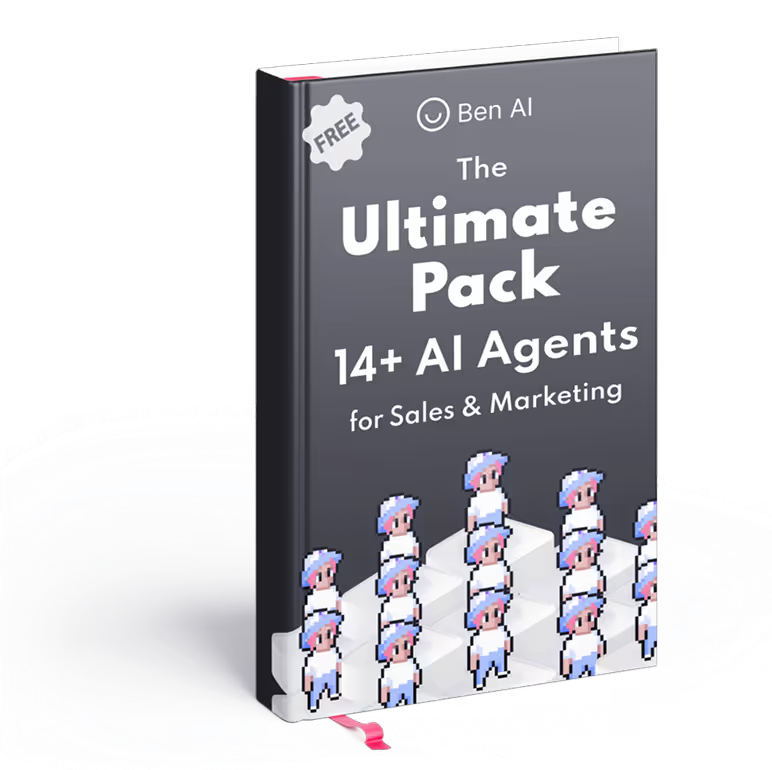
Latest Blogs
Explore our latest blog posts and insights.

